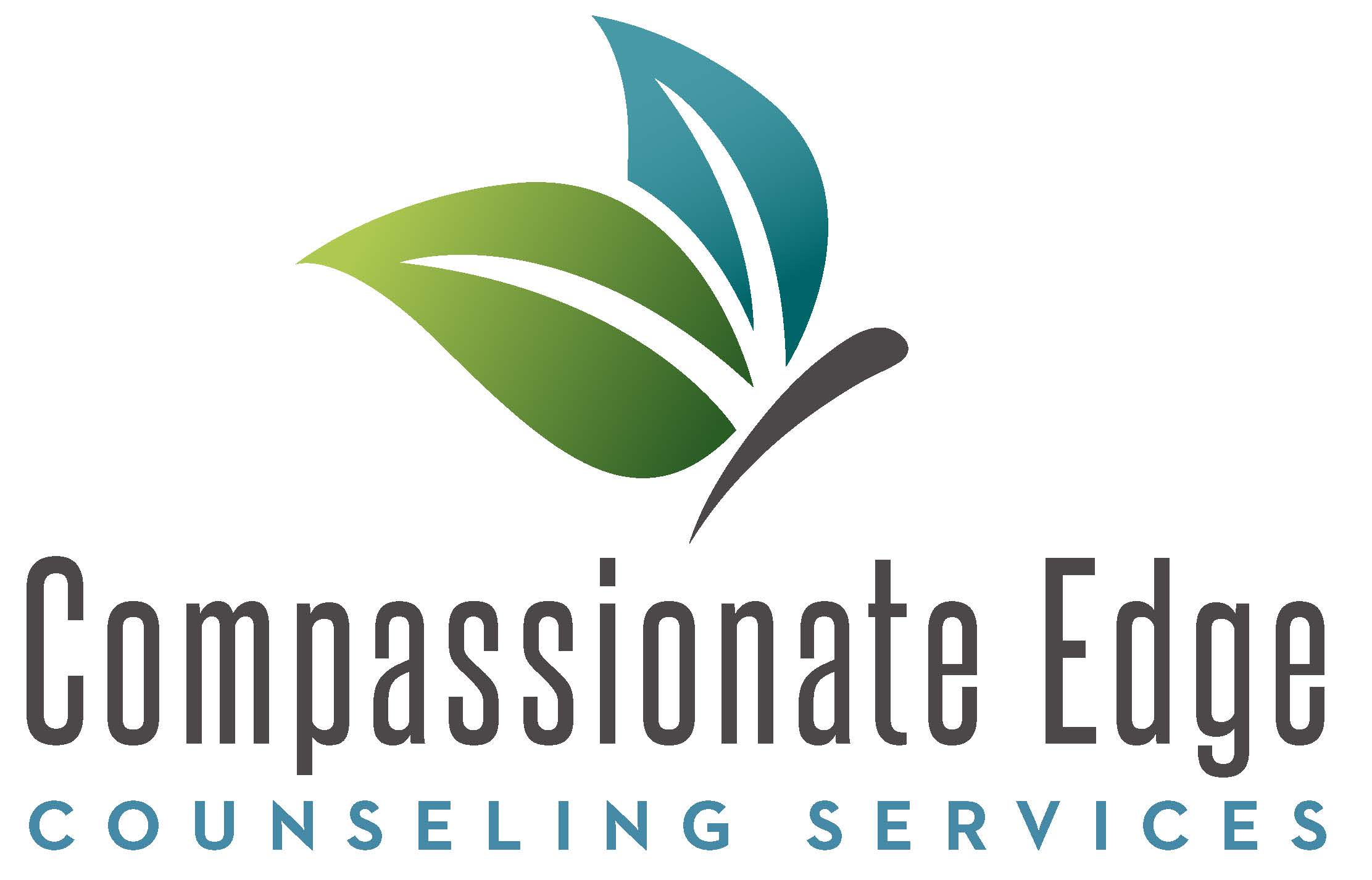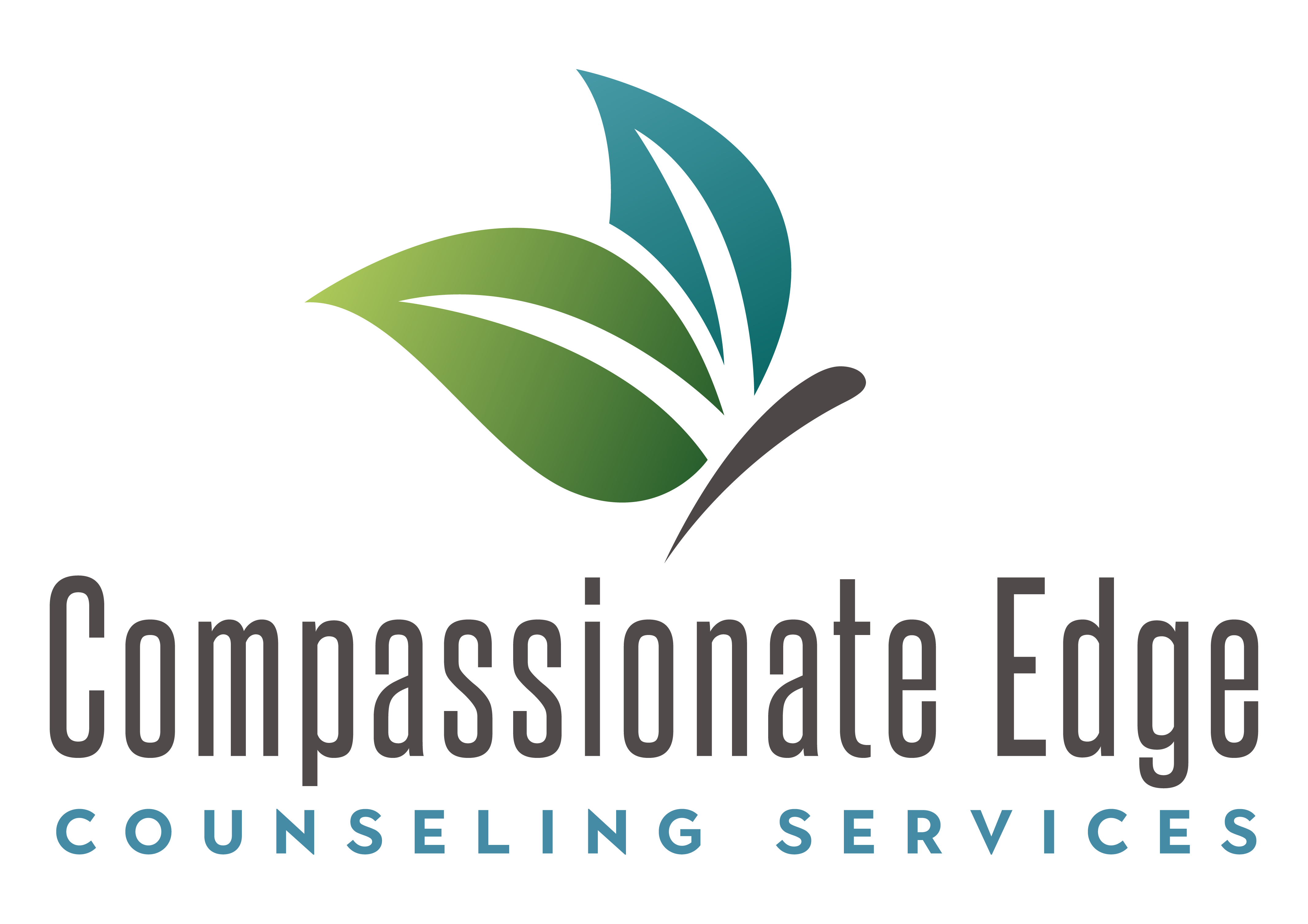Families are the foundation of our lives. They shape our earliest experiences, influence our values, and provide the love and support we need to grow. Yet even the strongest families can face challenges that strain relationships and create emotional distance. Conflicts, miscommunication, major life changes, or unresolved trauma can cause tension and disconnect between loved ones.
Family counseling offers a safe, supportive space to address these struggles and work toward healing. At Compassionate Edge, we are dedicated to guiding families through difficult times with empathy, understanding, and evidence-based strategies. Our goal is to help families restore trust, improve communication, and build lasting emotional resilience.
What Is Family Counseling?
Family counseling (sometimes called family therapy) is a form of psychotherapy that involves multiple family members working together with a licensed counselor or therapist. Unlike individual therapy, which focuses on a single person’s mental and emotional health, family counseling looks at the family as a system. Every member’s thoughts, feelings, and behaviors influence the group as a whole.
Therapists use this broader perspective to uncover patterns of conflict or disconnection. Through structured sessions, family members learn to:
- Communicate openly and respectfully
- Resolve conflicts in healthy ways
- Strengthen emotional bonds
- Understand one another’s needs and perspectives
- Develop strategies for coping with stress together
At Compassionate Edge, our therapists are trained to create a welcoming, judgment-free space where every voice is heard and valued.
Common Reasons Families Seek Counseling
Every family is unique, and so are the challenges they face. Here are some common reasons families come to Compassionate Edge for counseling:
- Communication breakdowns: Misunderstandings, frequent arguments, or emotional distance can erode connection over time.
- Parenting struggles: Disagreements about discipline, inconsistent parenting styles, or difficulty navigating adolescence can create tension.
- Blended family challenges: Merging households after remarriage can be stressful for parents, step-parents, and children adjusting to new roles.
- Divorce or separation: The transition can bring grief, anger, and confusion, especially for children.
- Mental health concerns: Anxiety, depression, substance use, or other mental health issues in one member can affect the entire household.
- Grief and loss: Coping with the death of a loved one can bring families together or drive them apart without proper support.
- Major life transitions: Moving, financial stress, job loss, or caring for an aging parent can disrupt family dynamics.
By identifying and addressing these issues early, counseling helps prevent further breakdowns in relationships and promotes long-term healing.
How Family Counseling at Compassionate Edge Works
Our approach to family counseling is grounded in compassion, collaboration, and respect. We recognize that every family has its own culture, strengths, and challenges. Here’s what you can expect when you begin counseling at Compassionate Edge:
- Initial Assessment
Your therapist will meet with your family to learn about your concerns, history, and goals. Everyone will have the opportunity to share their perspective in a supportive environment. - Goal Setting
Together, we will set clear, realistic goals for therapy—such as improving communication, reducing conflict, or navigating a major life change. - Guided Sessions
In each session, your therapist will facilitate open discussion, teach practical tools, and model healthy communication techniques. Sessions may include all family members or smaller groups depending on the issue at hand. - Skill-Building and Practice
We’ll help your family develop conflict-resolution skills, emotional regulation strategies, and ways to express feelings safely and respectfully. - Progress Evaluation
As you move through therapy, your therapist will check in on progress, celebrate growth, and adjust the plan as needed.
This structured yet flexible process helps families move from cycles of frustration to patterns of trust and understanding.
The Benefits of Family Counseling
Family counseling offers powerful, long-lasting benefits. Some of the most common positive outcomes include:
- Improved communication: Families learn to listen actively, speak openly, and resolve disagreements without blame or hostility.
- Stronger emotional bonds: Counseling helps family members understand and appreciate one another’s feelings, building deeper empathy and trust.
- Healthier conflict resolution: Instead of reacting in anger or withdrawing, families gain tools to work through problems constructively.
- Better coping skills: Families learn to navigate stress, grief, and change with greater resilience and unity.
- Support for individual growth: When relationships are healthier, each family member feels safer to grow and pursue personal goals.
- A renewed sense of connection: Counseling can help restore warmth, laughter, and togetherness that may have been lost.
These benefits can ripple outward—improving not only family relationships, but also each member’s mental health, self-esteem, and overall well-being.
Family Counseling Can Break Generational Patterns
One of the most powerful aspects of family therapy is its ability to interrupt unhealthy cycles that may have existed for generations. Patterns like poor communication, emotional neglect, or unresolved trauma often get passed down, even unintentionally.
At Compassionate Edge, we help families recognize these patterns with compassion—not blame—and develop healthier ways to relate. Breaking these cycles empowers parents to raise emotionally secure children and builds a stronger foundation for future generations.
Why Choose Compassionate Edge
Choosing to begin family counseling can feel like a big step, and finding the right support is crucial. Families choose Compassionate Edge because:
- We are relationship-focused: We emphasize strengthening the emotional bonds that make families resilient.
- We are inclusive and culturally sensitive: We welcome families of all backgrounds, structures, and identities.
- We use evidence-based approaches: Our therapists draw from proven methods like structural family therapy, emotionally focused therapy, and cognitive-behavioral techniques.
- We provide a safe space: Our office is warm, welcoming, and nonjudgmental—a place where every voice matters.
- We tailor care to your family’s needs: We recognize that no two families are alike, and we personalize every treatment plan.
Our mission is to help families navigate challenges and emerge stronger, more connected, and more hopeful about the future.
Taking the First Step
If your family is struggling with conflict, communication, or emotional disconnection, you don’t have to go through it alone. Reaching out for help is a sign of strength and love—it shows your commitment to healing and growth.
At Compassionate Edge, we are ready to walk alongside you every step of the way. Together, we can rebuild trust, nurture understanding, and help your family thrive.
Ready to begin your family counseling journey?
Contact us today to schedule your first appointment. Healing starts with a conversation—and we are here to listen.

